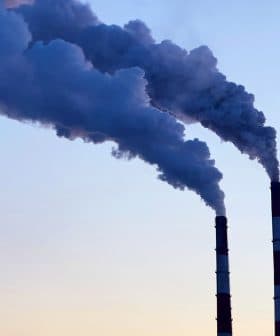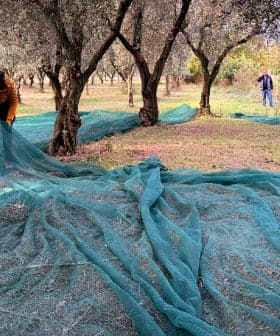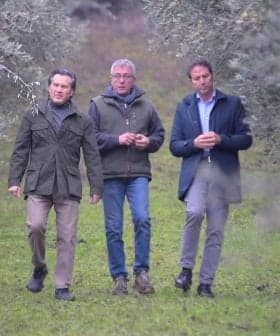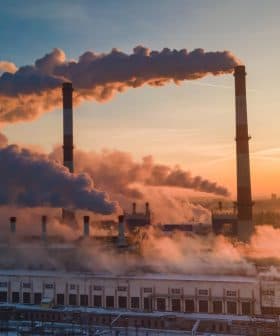New Research Highlights Role of Agriculture in Climate Change
Researchers have estimated the amount of carbon lost worldwide through agricultural practices to be 133 billion tons.
A study by the Woods Hole Research Center has found that agricultural practices have significantly impacted the carbon balance of the earth’s soil, resulting in 133 billion tons of carbon loss worldwide. The research suggests that adopting better agricultural practices, such as no-till farming and crop rotation, could help mitigate this carbon debt and potentially aid in addressing climate change.
A new study by a US research team at Woods Hole Research Center, a climate change research organization in Massachusetts, has revealed that agricultural practices have changed the carbon balance of the earth’s soil.
See Also:Articles on Climate ChangeWhile global warming is primarily blamed on increased carbon dioxide emissions through the burning of fossil fuels and deforestation, this study, Soil carbon debt of 12,000 years of human land use, published in Proceedings of the National Academy of Sciences has examined the role of agricultural practices in climate change.
One of the research aims was to estimate the size and spatial distribution of carbon loss from the soil as a step in understanding whether soil carbon sequestration can effectively mitigate climate change.
The researchers were able to quantify the amount of carbon lost worldwide from the soil through the use of agricultural land for growing crops and grazing livestock. They found that this amounts to 133 billion tons of carbon loss.
The impact of the so-called “carbon debt” on climate change is nearly as much as that of deforestation, which has contributed to the loss of 140 billion tons of carbon from soil over the same period.
The study’s findings also show that the earth has the potential to absorb carbon and mitigate global warming through the adoption of better agricultural practices. Such practices could address the current carbon debt by allowing the soil to naturally absorb carbon and keep it from accumulating in the atmosphere.
One of the study’s researchers and an associate scientist with the Woods Hole Research Center, Jonathan Sanderman, told the Thomson Reuters Foundation that carbon loss from the soil can be mitigated through “better land stewardship, more extensive ground cover to minimize erosion, better diversity of crop rotation and no-till farming.”
The researchers were also able to identify hotspots around the globe where carbon loss is especially significant and where targeted efforts should be made for soil carbon restoration. They include major cropping regions and grazing lands in the rangelands of Argentina, southern Africa, and Australia.
According to the Intergovernmental Panel on Climate Change’s policy paper on agriculture and its role in climate change, greenhouse gas emissions can be mitigated through “crop and grazing land management (e.g., improved agronomic practices, nutrient use, tillage, and residue management), restoration of organic soils that are drained for crop production and restoration of degraded lands.”
The paper also recommends the planting of trees to capture and store carbon, and emphasizes that soil carbon sequestration has the highest potential to contribute to the mitigation of greenhouse gases.









